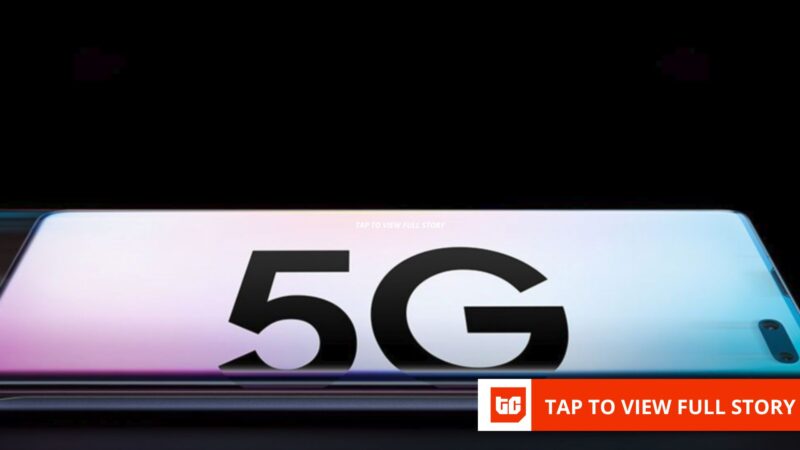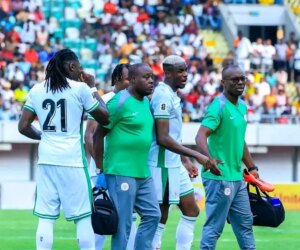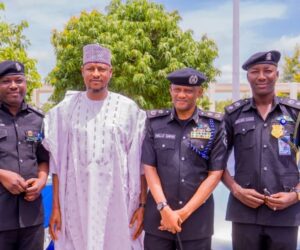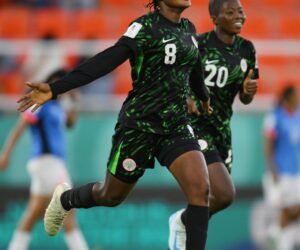Nigeria may be Africa’s largest smartphone market, but the country’s transition to next-generation connectivity remains painfully slow. New data from the Nigerian Communications Commission (NCC) reveals that just 57,200 devices nationwide are 5G-enabled, 0.05% of the country’s 140 million smartphone users.
According to the NCC’s Nigeria Network Performance and 5G Opportunity Analysis, more than 41,057 of these 5G-capable devices are concentrated in Lagos, while Abuja accounts for roughly 16,000. The two regions represent nearly all of Nigeria’s 5G device ownership, underscoring the stark urban-rural digital divide that continues to define the nation’s mobile landscape.
While the Federal Capital Territory (FCT) and Lagos boast network performance levels 40–50% above the national average, much of the country still depends on 2G and 3G connections. Rural areas, in particular, experience slower speeds, poor quality, and unreliable coverage, limiting access to digital services such as online education, e-commerce, and mobile banking. The NCC report calls for the urgent expansion of 4G and 5G infrastructure beyond Nigeria’s urban hubs to ensure equitable digital inclusion.
Despite its limited reach, the deployment of 5G in Nigeria has been hailed as a milestone since the first commercial rollout by MTN Nigeria in 2022. So far, only MTN and Airtel have launched 5G commercially. Mafab Communications, which holds a 5G licence is yet to launch, three years after securing the licence.
Operators such as MTN and Airtel continue to drive network modernization, but adoption remains constrained by both device affordability and coverage gaps.
Data shows that MTN currently delivers the strongest national performance, with consistently high download, upload speeds and low latency. Airtel follows closely, excelling in download speeds but still showing room for improvement in latency. However, even among these top operators, 5G performance lags, with coverage gaps of over 70% in Lagos and 65% in Abuja. This means that even users with 5G-capable phones often cannot access the network consistently.
The affordability challenge remains a critical bottleneck. As of 2025, entry-level 5G smartphones cost between ₦160,000 ($114.29) and ₦200,000 ($142.86), while mid-range options fall in the ₦250,000 ($178.57)–₦400,000 ($285.71) bracket, in a country where the minimum wage is at ₦70,000 ($50.00).
Premium models like the iPhone 15 series and Samsung S24 Ultra retail between ₦1 million ($714.29) and ₦3 million ($2,142.86), far beyond the reach of most Nigerians. The GSMA estimates that an entry-level smartphone still costs about 48% of a low-income earner’s monthly income, leaving millions reliant on older 3G and 4G devices.
Nigeria’s smartphone penetration rate currently stands between 65% and 68%, making it one of the fastest-growing markets globally. That figure is expected to surpass 70% by 2026, reaching 150 million active users. Yet, the gulf between smartphone ownership and access to high-speed connectivity remains wide.








